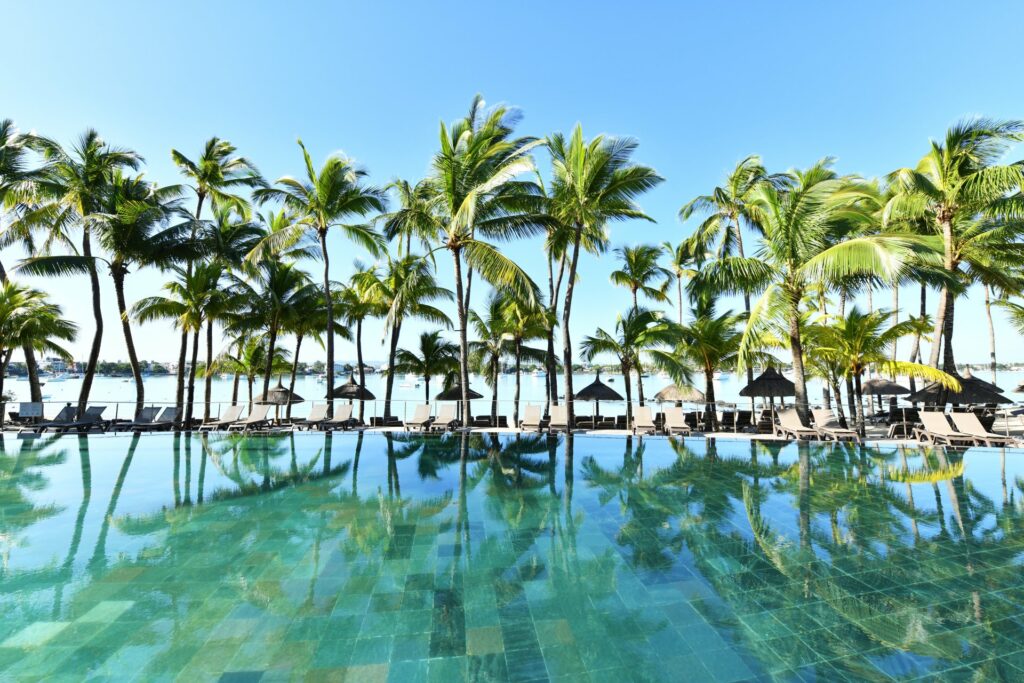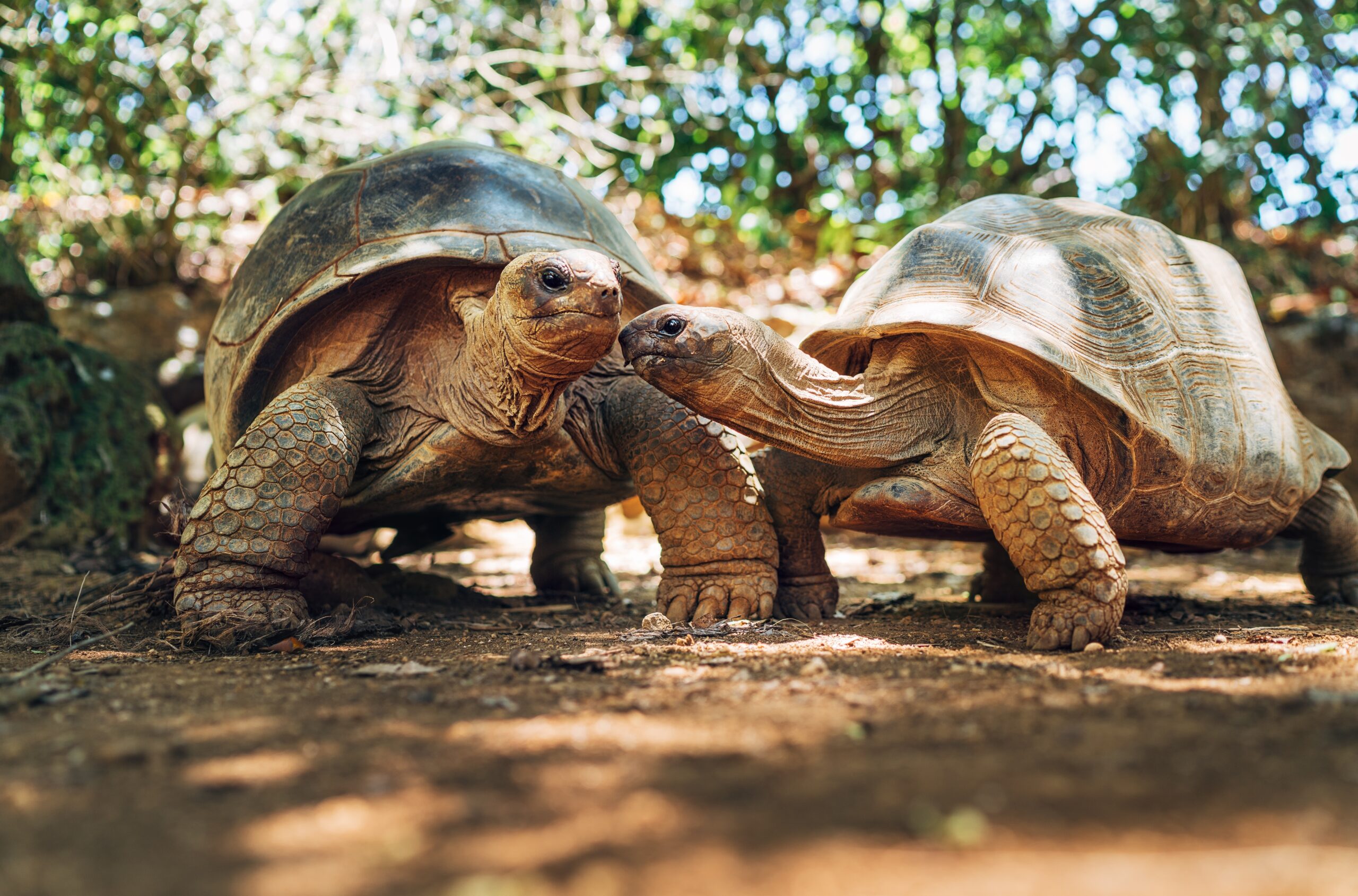The Portuguese
The Portuguese never attempted to settle on any of the Mascarene islands. They were more interested in protecting their trade routes with India and therefore established settlements along the coast of Mozambique instead.
Therefore the first Europeans to have visited Mauritius were the Portuguese at the beginning of the sixteenth century (most probably in 1510). However, the Dutch who settled in the island in 1598 named it Mauritius after Prince Maurice of Nassau. Among other things, the Dutch introduced sugar cane and the Java deer before leaving in 1710.
During French colonial rule, from 1767 to 1810, the capital and main port, Port Louis, became an important centre for trade, privateering, and naval operations against the British. In addition, French planters established sugarcane estates and built up their fortunes at the expense of the labour of slaves brought from Africa. The French patois, or colloquial language, which evolved among these slaves and their freed descendants, referred to as Creole, has become the everyday language shared by most of the island’s inhabitants. French is used in the media and literature, and the Franco-Mauritian descendants of the French settlers continue to dominate the sugar industry and economic life of modern Mauritius.
The British captured the island in 1810 and gave up sovereignty when Mauritius became independent in 1968. During this period, the French plantation aristocracy maintained its economic, and, to a certain degree, its political prominence. The British abolished slavery but provided for cheap labour on the sugar estates by bringing nearly 500,000 indentured workers from the Indian subcontinent. The political history of Mauritius in the twentieth century revolves around the gradual economic and political empowerment of the island’s Indian majority.












